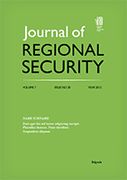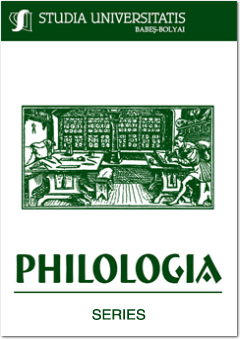
Fighting Organised Crime as a Security Threat: The Lessons Learnt from the Case of Bulgaria
Fighting Organised Crime as a Security Threat: The Lessons Learnt from the Case of Bulgaria
Keywords: organised crime; security; social policy; state reform; Bulgaria
The article discusses some of the implications of the post-1989 inclusion of the problem of organised crime into the international security agenda. The analysis uses the case of Bulgaria where organised crime was identified and handled as national security threat in late 1990s in conditions of a shrinking social role of the state. This prompted a continuous and all-pervasive institutional and legislative reform with limited results which led to a growing distrust in the Bulgarian institutions.
More...

